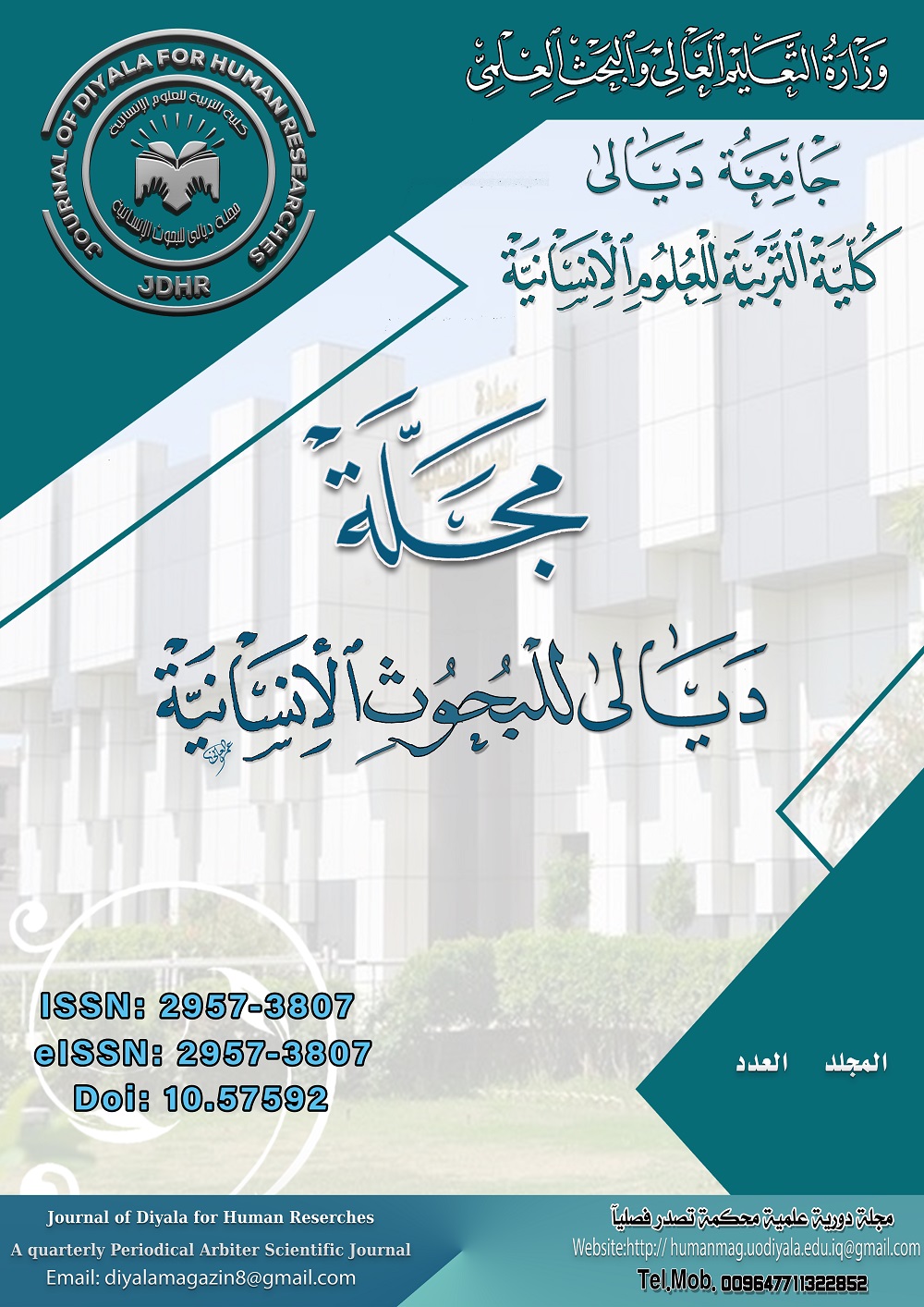حوادث و قضايا مملكة ( الحجاز ونجد وملحقاتها ) ومملكة اليمن في مناقشات مجلس النواب العراقي 1925- 1932م
DOI:
https://doi.org/10.57592/fneqnq90Keywords:
مجلس النواب ، قضايا ، نجد ، الحجاز ، اليمنAbstract
The research sheds light on the most important issues and incidents witnessed by the Kingdom of (Hijaz, Najd and its dependencies) and the Kingdom of Yemen during the period 1925-1932 AD. The research focused on explaining the follow-ups of the Iraqi Parliament and its position on those incidents, especially border problems and the movement of tribes, the Hijazi-Najdi war and the Wahhabi attacks on Iraq, and British intervention in the Arab region.
The political relations between Iraq, Saudi Arabia and Yemen were, for the most part, unstable, and witnessed periods of friendly harmony and others dominated by disagreement and fighting. Most of these problems were the result of border demarcation, attacks by Wahhabi Najdi tribes on some areas of Iraq, and the movement of tribes between Iraq and the Kingdom of Hejaz and Najd. However, the researcher pointed out the success of the Iraqi and Hejazi Najdi governments in calming the intensity of these problems and dealing with them wisely and under the supervision of King Faisal I of Iraq, King of Hejaz and Sultan of Najd Ibn Saud, and culminated in the conclusion of bilateral treaties and the exchange of diplomatic representation. These relations enjoyed the support of the Iraqi Parliament, which sought to include the Kingdom of Yemen in these treaties and resolve the Saudi-Yemeni differences away from the method of threats and war.
In addition, Britain dealt with the incidents and issues of the Arab region according to its colonial interests, and did not make real efforts to contain those incidents and conflicts, especially between the Kingdom of Hejaz, the Sultanate of Nejd, and the Kingdom of Yemen, and left the final say in that to the military power of the two countries, which was present much more clearly than the diplomatic and peaceful power at that time.
Downloads
Published
Issue
Section
License
Copyright (c) 2025 ندى علي حسين محمد

This work is licensed under a Creative Commons Attribution-NonCommercial 4.0 International License.

